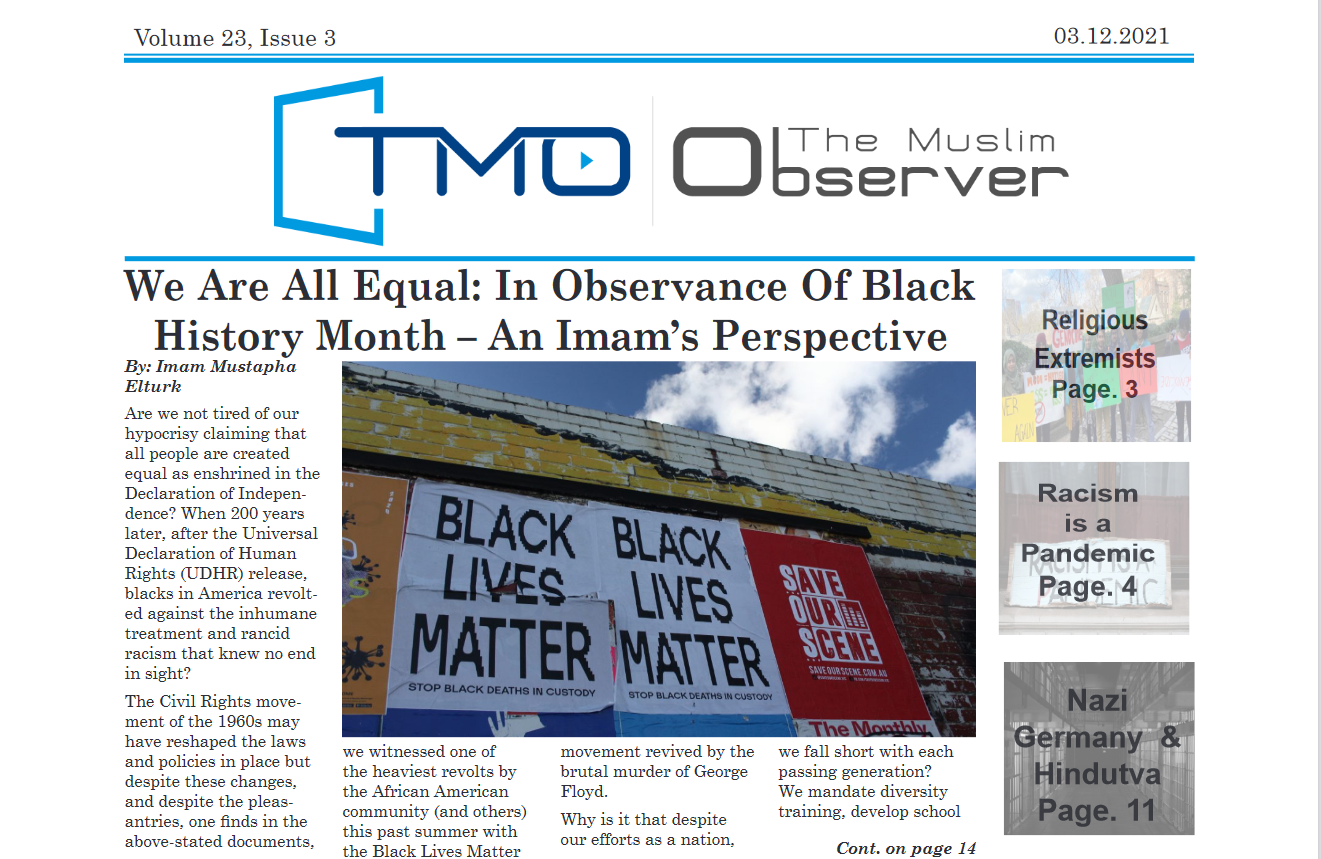Green Shoots?
By Bob Wood, MMNS
If you’ve spent any time listening to the financial drones recite the rationale for buying stocks now, you might be just about as sick as I am of hearing about so-called “green shoots.†To me, this is just one more disingenuous way to sell you things you shouldn’t be buying.
Every market cycle brings with it a new trend, a strategy devised by Wall Street in order to keep you invested when you should get out or convince you to buy when you should not. The “green shoots†concept is the latest strategy following the demise of the now discredited “Goldilocks†nonsense pounded into our heads by those encouraging us to remain invested as the Dow ascended to its all-time high in late 2007. Once Goldilocks’ obituary had been written, promoters needed to find another angle, another trend for investors to follow. Of course, Goldilocks had only served as a replacement strategy once “the only risk in tech stocks is not owning them†premise failed in the late 1990’s. So “green shoots†it is, at least for now.
Although perennial optimists may find reasons for hope, they should remember that some green shoots wither and die before blossoming into something beautiful. Some have even been known to sprout in barren wastelands. I am about as sure as I can be that these tiny signs of life will soon die out just as investors begin hoping for another meager inch or two of growth.
There are just too many obstacles in the way of an impending economic recovery. The notion that positive signs abound seems like wishful thinking, like placing a higher value on hope than fact in the push to keep investors interested in high-priced stocks that should be avoided.
I have been filling this space for the past 6 ½ years with my beliefs in secular trends, and the idea that domestic markets are squarely in the throes of a long-term bear market. Today, I think my point has been resoundingly made. I’ve explained how few investors ever make money in stocks, regardless of whether we’re in a secular bull or bear market. I think I’ve made my point there, too.
I’m convinced that many investors fail in the long run due not only to the nature of secular bear markets, but also the rampant corruption that appears to permeate even the highest levels of Wall Street and Washington, D.C.
From the ‘’dotcom boom’’ and the ensuing meltdown that wiped out many thousands of investors, to the housing boom that imploded and took many more to the cleaners, domestic markets have simply not rewarded traditional “buy and hold†investors. Many have seen their retirement dreams dashed, even if they truly tried to do all of the right things. Millions of them saved, invested, diversified, and perhaps even hired a professional or two to manage their savings.
And virtually all for naught, and isn’t that how it always seems to happen? This latest round of economic disappointment brings with it invaluable lessons on why the deck is stacked against investors in ways not likely to end any time soon.
In his financial blog, market strategist Barry Ritholtz (www.ritholtz.com/blog) included this excerpt from his new book, Bailout Nation, (http://bailoutnation.net/) about how we got to this point and what triggered catastrophic losses throughout our financial system:
“We’ve come a long way from the days when the man atop the organizational chart made 40 times what the person on the lowest rung earned. Over the past few decades, executive compensation has exploded, with some CEOs taking 200, 300, even 400 times the base pay at the company.
With so much of this compensation made via options-based incentives, the bosses had every reason to swing for the fences. The upside was all theirs, and the downside was the shareholders’—and taxpayers’.
But don’t for a moment think their terrible track record had a negative impact on their compensation. Despite their performance, these CEOs were paid as if they were enormous successes. The compensation figures that follow are enormous; that they were paid for such abject failure is a national embarrassment.
It is also an indictment of three major corporate governance issues that have not been discussed widely enough. The first is the crony capitalism that was rife in boardrooms across the United States. The cronyism of major corporate boards, especially those in the finance area, has become legendary. Rubber-stamp directors who rarely buck the chairman or challenge the CEO are unfortunately all too common. These boards did not serve either their companies or their shareholders well.
Also enabling this festival of greed are the large institutions that held the companies’ stock, most especially the big mutual funds that have been AWOL when it comes to policing the senior management. They have the time, expertise, and incentives to do so; it is beyond the capability of individual shareholders. Besides, it makes no economic sense for someone who owns 100 or 1,000 shares of stock to act as overseer and scold to corporate boards. But it was squarely in the interest of owners of 10 million shares and up to do so. Why the mutual fund complexes failed to protect their shareholders is hard to fathom. Perhaps when it comes to the finance sector, they feared missing out on syndicate deals and hot IPOs if they asked too many questions.
Then there are the so-called compensation consultants. They did a horrific disservice to the shareholders as well as the companies. The role of these primarily ethicless weasels was to give cover for these ridiculous compensation packages. I would love to see a review of the packages as written back then. If the compensation experts were members of an actual profession with standards and ethics, they would be drummed out of that profession. Instead, these people were merely tools used by the C-level execs to transfer vast sums of wealth from the shareholders to themselves.’’
I couldn’t have said it better myself, which has everything to do with why I chose to quote Mr. Ritholtz instead. Unfortunately, this type of scenario is nothing new in America’s business environment, nor has our government done much to prevent the type of shareholder abuse we’ve witnessed over the past two decades. Most regulations were either ignored or watered down so business (at least for the top echelon) could continue as usual, with business and government leaders getting what they wanted all along.
Talk of “green shoots†ignores the fact that very little has changed, and greed, corruption, and meaningful lack of oversight is just one more obstacle for investors to maneuver. How can investors possibly hope to gain from working with a financial system so completely rigged against them?
And why should they even bother trying? I feel great about being out of the domestic markets on both the long and short sides. If the game is rigged, I say why play in it? There are plenty of options to consider, and by now you may have grown tired of hearing about my devotion to investing in international and emerging markets.
But again, results matter, and again, those markets are strongly outperforming our domestic market. Many are higher today than they were at the dawn of this decade. And that’s a strong signal that they’re in the throes of secular bull markets.
I am often asked how I know that foreign markets are more honest and fair than our home markets. My response? “How can they be any less honest than what we’ve seen here, time and time again?â€
I’ll take my chances there, but of course, given the structural challenges here and how a resumption of the bear market will affect all equity markets, I prefer to tread softly. I am heavier in cash than I have ever been before, with cash positions representing well over 50% of all capital managed here. Of course, rising commodity prices will slow growth all over the world, but even more so in the U.S.
And given the enormous debt loads to be managed here, a bankrupt government, and a complete failure of leadership, everywhere else still looks better.
Have a great week.
Bob
Bob Wood ChFC, CLU Yusuf Kadiwala. Registered Investment Advisors, KMA, Inc., invest@muslimobserver.com.
11-26













2009
796 views
views
0
comments